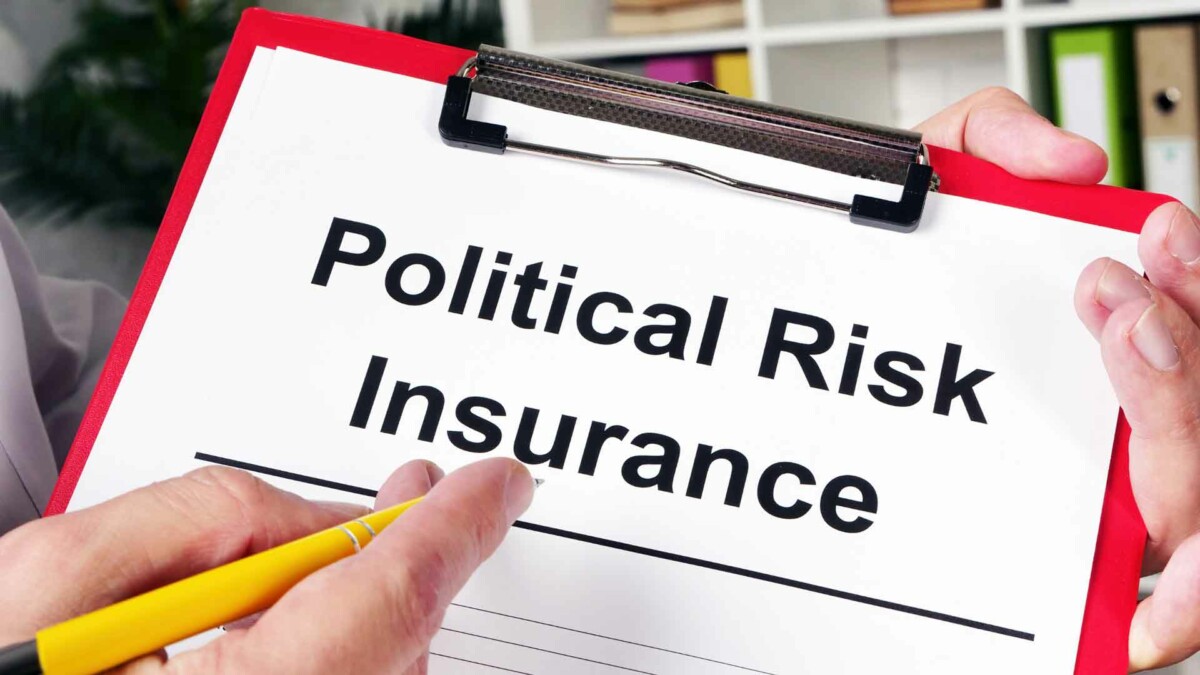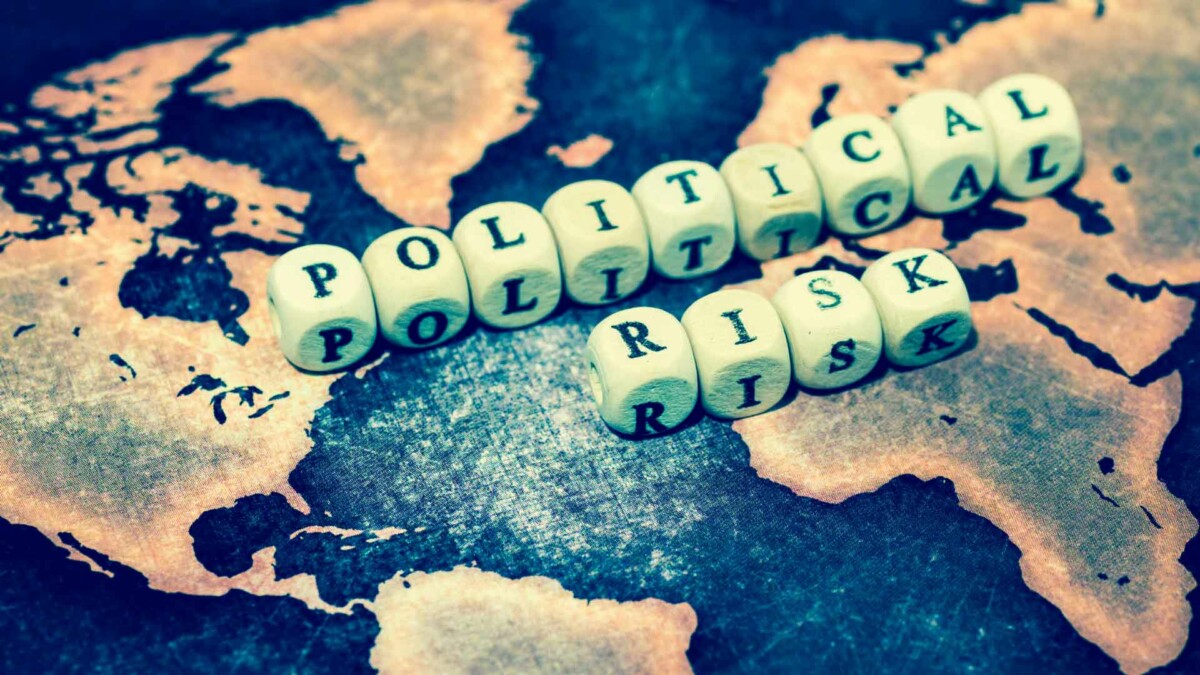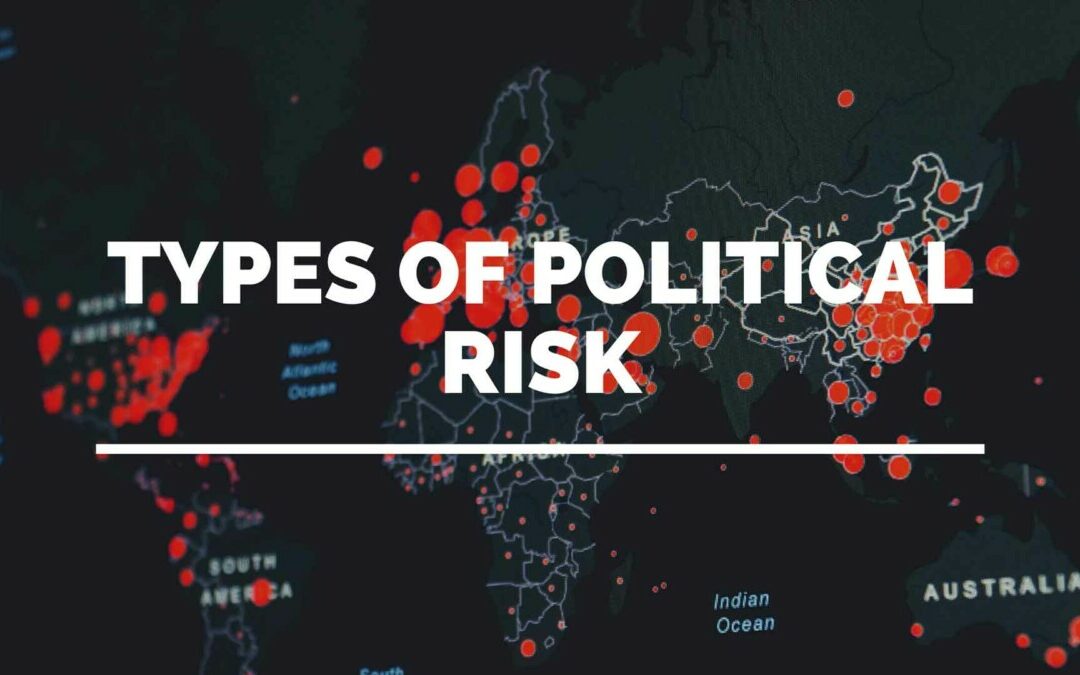What does political risk mean?
Political risk refers to the possibility that something could happen to your business due to a political change in another country. This could mean legislation changes, conflict, a new regime, different governments, or even changes in their international policies. These are usually politically-motivated changes and can have a drastic impact on your business. These political changes can usually result in problems such as the following: Changes to logistical costs can make it impractical to serve a particular region of the world. Changes to the economy that affect the pricing of your items. New restrictions make it difficult or impossible for you to sell a specific product to an international market. A conflict that leads to transportation sabotage or hijacking that costs your business. Confiscation of assets by the local government. These are all very specific risks that are unpredictable in nature. No matter how stable the political climate of a country is, you may eventually find yourself in a situation that heavily impacts your ability to deliver certain products and services. When it comes to insuring against political risk, one of the characteristics that help to define what political risk means is its unpredictable nature. Whereas other types of insurance are greatly helped by statistics and data, political changes aren’t as easy to calculate. A model of political risk isn’t easy to create even with historic data.
What types of political risk are there?

There are a number of different types of political risks that can affect your business. Here are a few of the most common ones:
State-owned entities terminating contracts
Sudden contract terminations can be devastating for businesses, especially if they are integral for you to do business in a particular region. If a contract is unilaterally terminated by state-owned entities, then there is very little you can do to remain in business in that region of the world.
It could also be possible that state-owned entities terminate contracts with not your business, but suppliers that are important for you to operate your business. This means that you can still operate your company, but it’s going to be a lot more difficult because you’ll have a harder time getting stock or raw materials for your production process.
Civil unrest or terrorism
Political risk also includes civil unrest and terrorism. There are a number of issues that could stem from this:
- Property and assets could be damaged as a result of civil unrest or terrorism. Buildings could the damaged, the stock could be stolen, and products may be destroyed.
- Logistics processes could become much more complicated due to shipping routes and roads no longer being safe.
- Depending on your company’s political alignment (if any) you may find yourself faced with protestors at your doorstep.
- Dwindling popularity could also lead to unrest on social media or through word of mouth, reducing the likelihood that you can continue doing business and remain profitable.
- Staff members may be attacked or injured as a result of civil unrest or terrorism. It’s also possible that staff members leave due to unsafe working conditions.
Civil unrest and terrorism can both create huge problems for your business. It’s arguably the most destructive type of political risk and unfortunately, there’s very little that you can do to predict it.
It’s also important to consider war as another similar political risk. War can start very violently and suddenly, and it’s not always possible to predict when and where conflict may happen. This is why it’s considered a form of political risk.
Geopolitical decisions
Another common form of political risk that you’ll see is geopolitical decisions. This refers to changes to things like trade policies, regulations, currency, and tariffs that can ultimately harm your profits or even completely stop you from operating in a particular region of the world.
Real-world examples of this include commercial tensions between the United States and China or trade embargos that prevent the moving of particular resources or products. Geopolitical changes can be extremely difficult to navigate. In certain situations, you might find it impossible to remain in a country and will be forced to do business elsewhere.
Jurisdictional risk
Jurisdiction refers to laws that govern agreements that you sign with a partner from a different region. For example, if a European company contracts a Chinese company as a partner, then what laws are they subjected to? Since European and Chinese legal systems follow different frameworks, it’s impossible to subject both companies to the same set of rules. This can be a complicated subject to deal with, hence the importance of understanding the local legal environment.
Insurers that are capable of working in multiple different countries will help you resolve any disputes that may arise when working with a partner that is under a different legal framework.
Managing Political Risk

As with any business, a certain amount of risk is essential if you want to grow and reach a larger audience. The same applies to managing political risk. By identifying the correct opportunities, you can take advantage of new markets and expand into different regions at the optimal time. While you can’t be completely immune to political risk, you can absolutely reduce the chances of being negatively affected by it if you follow some important risk management tips.
Instability in a region is an early sign of political risk. For example, if there is economic uncertainty or social instability, then it may quickly spiral out of control and lead to unrest.
Understanding the relationship between a country or region and its neighbors can help you figure out the risk of war breaking out. For example, a country may show signs that they are preparing to invade a country that you plan to expand to. If this is the case, then it’s not a good idea to proceed with your project unless there are signs that point to a resolution of that conflict.
Looking at economic conditions can also help. If there are economic imbalances or financial troubles that are affecting your target audience, then you may want to consider rethinking your growth strategy. In addition, if a country itself is in debt or may be unable to follow payment obligations, then there’s little you can do to recuperate your personal losses.
Lastly, social conditions are also important to monitor. For instance, are employment rates at the right level that allows you to quickly fill your teams? Are there social tensions due to the media or protests? Are there attacks on certain types of firms or industries? If your target audience is struggling in your proposed expansion region, then it’s best to pull out and wait for a more opportune time.
Can political risk insurance help me?

Political risk insurance is only required by companies that plan to expand to other regions and are preparing to invest a lot of capital into establishing a foothold. But while much of this article has talked about political risk and how it relates to overseas expansion, political risk can also be directed at the economic state of your home country. Whether it’s damage due to unrest or production-related issues caused by sanctions or new tariffs, these issues could potentially be handled with political risk insurance.
So if you’re interested in insuring your company against political risk, you may want to learn a bit more about how it can help and what each particular service offers in terms of compensation.


